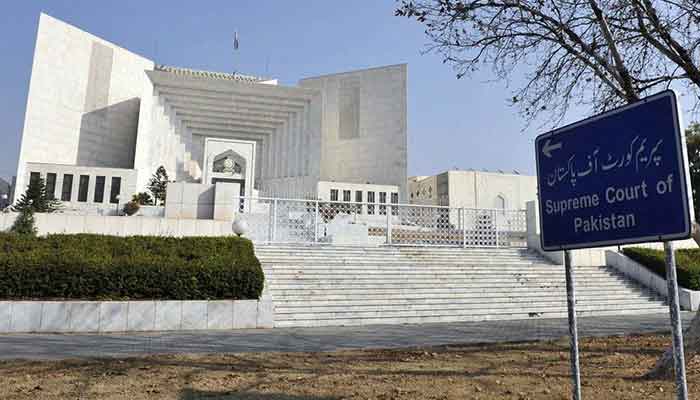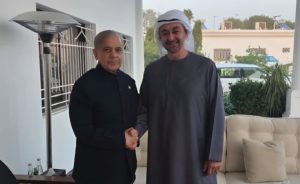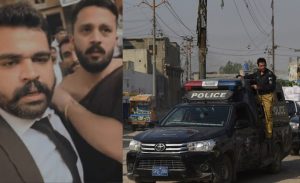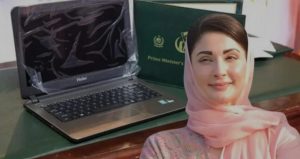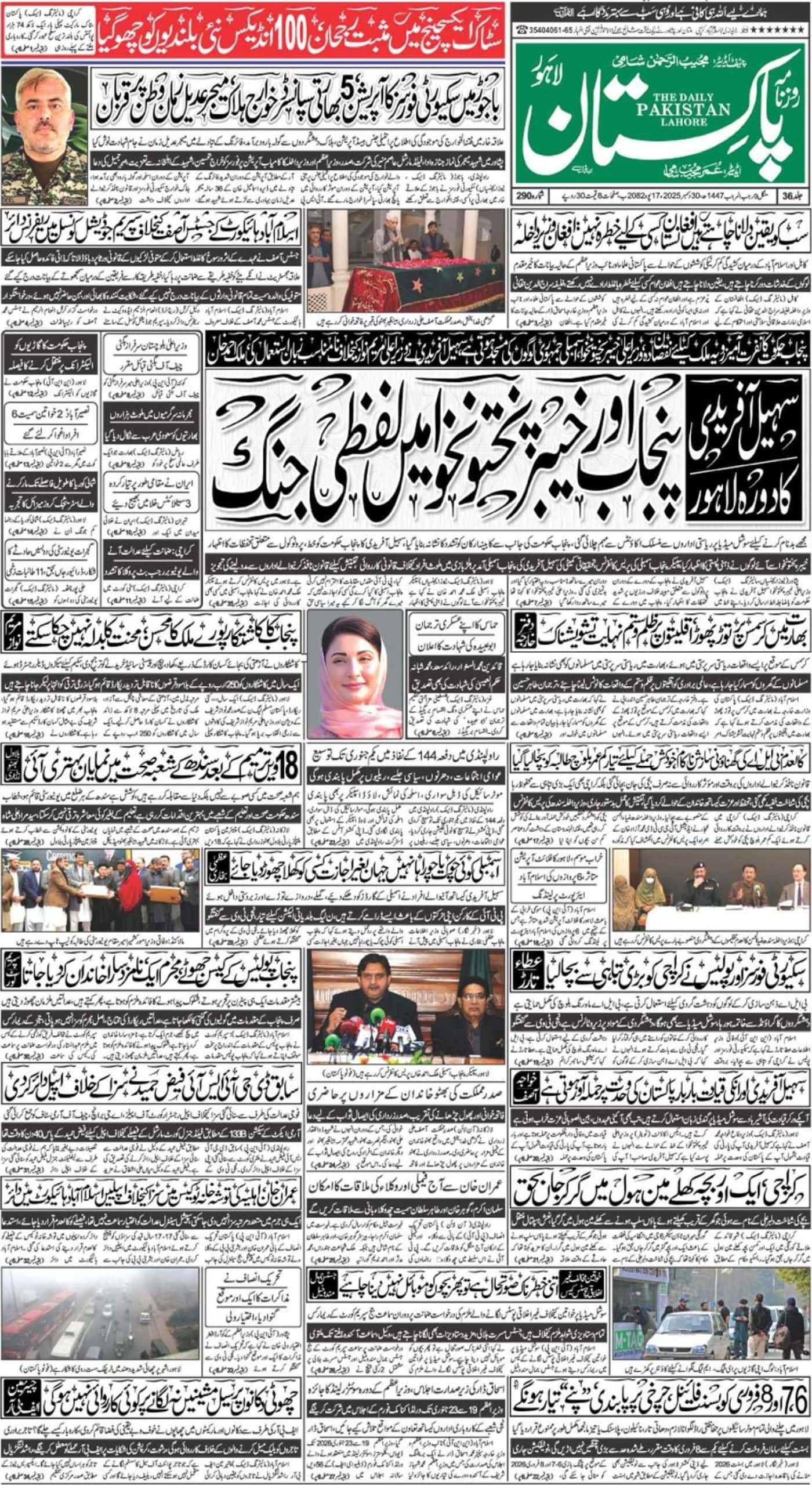ISLAMABAD – The federal government on Monday filed a reference in the Supreme Court, seeking the interpretations of Article 63A amid no-confidence motion against Prime Minister Imran Khan.
The development comes days after more than two dozen PTI MNAs openly found staying at Sindh House in a clear message that they would vote against their party in the upcoming no-trust move.
The Article 63-A of the Constitution talks about the disqualification of a lawmaker on the grounds of defection.
Earlier in the day, President Arif Alvi has approved to file a reference in the top court for interpretation of the Article.
565812680-President-Ref-2022 by Mehar Mahmood Idrees on Scribd
A two-member bench, comprising Chief Justice of Pakistan Umar Ata Bandial and Justice Munib Akhtar, would take up the matter along with a plea filed by the Supreme Court Bar Association (SCBA) seeking intervention of the apex court to prevent “anarchy” in the country ahead of the no-trust vote.
In the reference, the president has quoted two interpretations of Article 63-A and sought its opinion about which of them should be followed by the government.
According to the first interpretation, “khiyanat (dishonesty) by way of defections warrants no pre-emptive action save de-seating the member as per the prescribed procedure with no further restriction or curbs from seeking election afresh.”
The second interpretation “visualises this provision as prophylactic, enshrining the constitutional goal of purifying the democratic process, inter alia, by rooting out the mischief of defection by creating deterrence, inter alia, by neutralising the effects of vitiated vote followed by lifelong disqualification for the member found involved in such constitutionally prohibited and morally reprehensible conduct.”
The president further asked the court whether a lawmaker who “engages in constitutionally prohibited and morally reprehensible act of defection, can the member nevertheless claim a vested right to have his vote counted and given equal weightage or there exist or is be read into the Constitution restriction to exclude such tainted votes from the vote count?”
He also asked the court whether a legislator, who had been found involved in defection, would be disqualified for life.
“What other measures and steps can be undertaken within the existing constitutional and legal framework to curb, deter and eradicate the cancerous practice of defection, floor crossing and vote-buying?” read the reference.
“As happened on many occasions in past, the stage is yet again set for switching of political loyalties for all sorts of illegal and mala fide considerations including vote-buying which by its very nature rarely leave admissible or traceable evidence,” it adds.
It highlights that some of the “presently defecting [MNAs] have even publicly admitted to defection in interviews to the media with evident pride and further commitment to stay engaged in this immoral trade”.
It cautions that true democracy cannot be restored until the horse-trading his eliminated from the system.
“Owing to the weak interpretation of Article 63-A entailing no prolonged disqualification, such members first enrich themselves and then come back to remain available to the highest bidder in the next round perpetuating this cancer.”
Last week, PM Khan while speaking at the groundbreaking ceremony of the Rawalpindi Ring Road project expressed hope that most of the disgruntled lawmakers of the ruling party would return to PTI ahead of no-confidence vote against him.
The premier said most of the estranged lawmakers will return soon as public anger is mounting against the cult of horse-trading.
Politicians are ‘selling their conscious’ and now the ‘politics of money’ has been exposed in Pakistan, he said while adding that the no-trust move has exposed the trend which he dubbed as ‘filthy politics’.
Taking a jibe at opposition leaders, Khan said the Sindh government used ‘public funds to buy politicians openly’. Sindh House was used as a sanctuary for ‘corrupt practices’ as the opposition needed to call in Sindh Police for protection.
Khan also urged the public to raise their voice against whatever is happening at the Sindh House.

